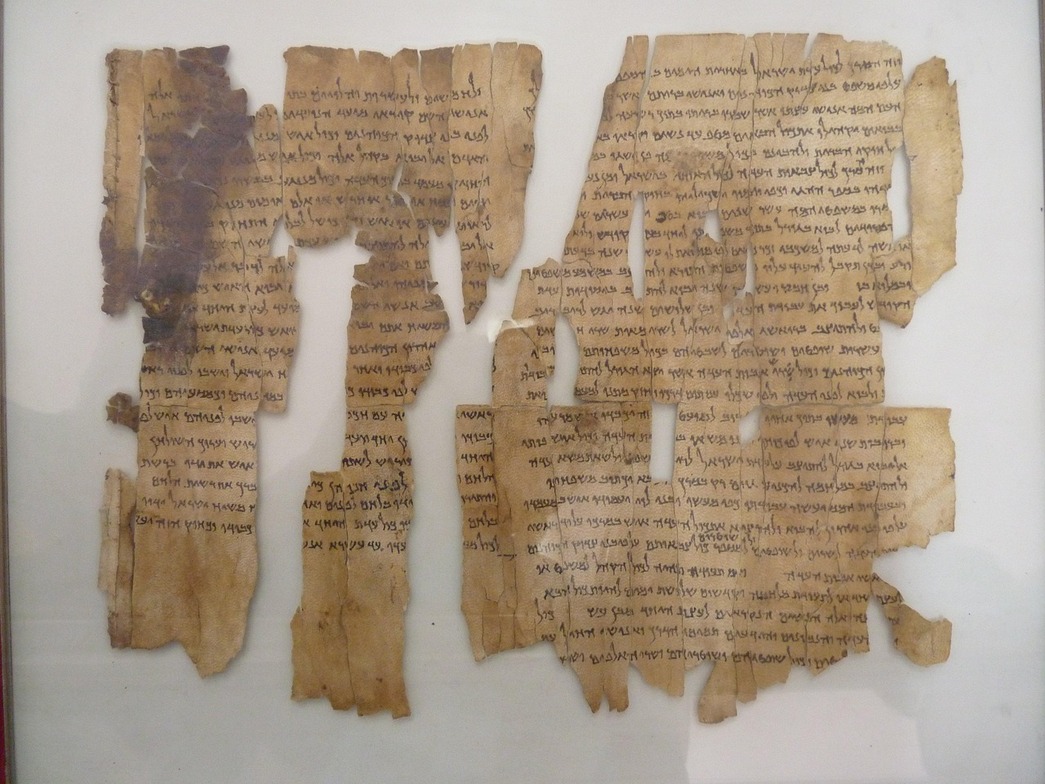
The Bible was not written for us.
Let me repeat that: the Bible was not written for us. This may be a hard, even a scandalous thing to hear if, like me, you come from an evangelical background that emphasized the Bible’s relevance to your life and claimed that it was some sort of answer book for the challenges of daily living. While it’s true that the wisdom of the scriptures is available to us now, it remains true that the Bible was not written for us.
When we read the Bible we are engaging with a set of ancient documents, some of them “so old they creak,” as one of my seminary professors liked to say. They were written in languages we don’t speak and in contexts far removed from our own. It’s not surprising that what they have to say might be hard for us to understand.
The danger arises when we think the scriptures are easy to understand—when we assume they were written for us and constitute a “word from the Lord” whispered directly in our ears. Many a heresy has started in just such a way. That way of thinking encourages us to take words and verses out of context so we can interpret them in self-serving ways or wield them against our enemies.
Do you remember a book called The Prayer of Jabez? It was something of a phenomenon about twenty-five years ago. The author “discovered” a passage in the Old Testament in which a guy named Jabez prayed, “Oh that you would bless me and enlarge my border, and that your hand might be with me, and that you would keep me from hurt and harm!” The kicker was that “God granted what he asked” (1 Chronicles 4:10). The author took this single verse—the only time this Jabez ever appears in the Bible—and marketed it as a means for his readers to get God to do what they asked, too. You could be safe and healthy and rich, just like Jabez—just buy my book. He sold a lot of books that way, so I guess the prayer of Jabez worked for at least one person.
In the grand scheme of things, The Prayer of Jabez is a pretty mild example of assuming the Bible was written for us. Other cases are not so innocent. Take the furious ravings of all the “end-times” prophets—charlatans who want to convince us that every little development in the Middle East is evidence that Jesus is about to return and the battle of Armageddon is about to commence. The problem is that the book of Revelation was not written for us, but for its original readers at the turn of the second century. To assume that it speaks directly to us in the 21st century is wildly irresponsible, especially as it encourages an attitude of unconcern about things like environmental abuse and global climate change. Jesus is coming soon, and God will create a new heaven and a new earth, so why not let the present world burn?
To avoid these pitfalls in our interpretation of the scriptures it is important that we translate not only the words of the Bible but the concepts and the writers’ very manner of thinking as well. A lot of water has flowed under the bridge in the last two millennia, and to assume that we with our post-Enlightenment worldview can automatically understand texts written from an ancient, pre-scientific mindset is absurd. A lot of translation has to take place to get from one world to the other.
That is why I spend so much time in my sermons and these writings talking about the history and culture of the Bible. We simply cannot understand it the way it was meant to be understood otherwise. As in most things in life, context is key, and if I can shed a little light on the context that informed these ancient texts, I will try to do so. I have made the study of these things a big part of my life’s work, after all. If I can use what knowledge or expertise I have to illuminate the scriptures, and if by understanding them better you are able to walk the path of discipleship with greater confidence and clarity, all the better.

